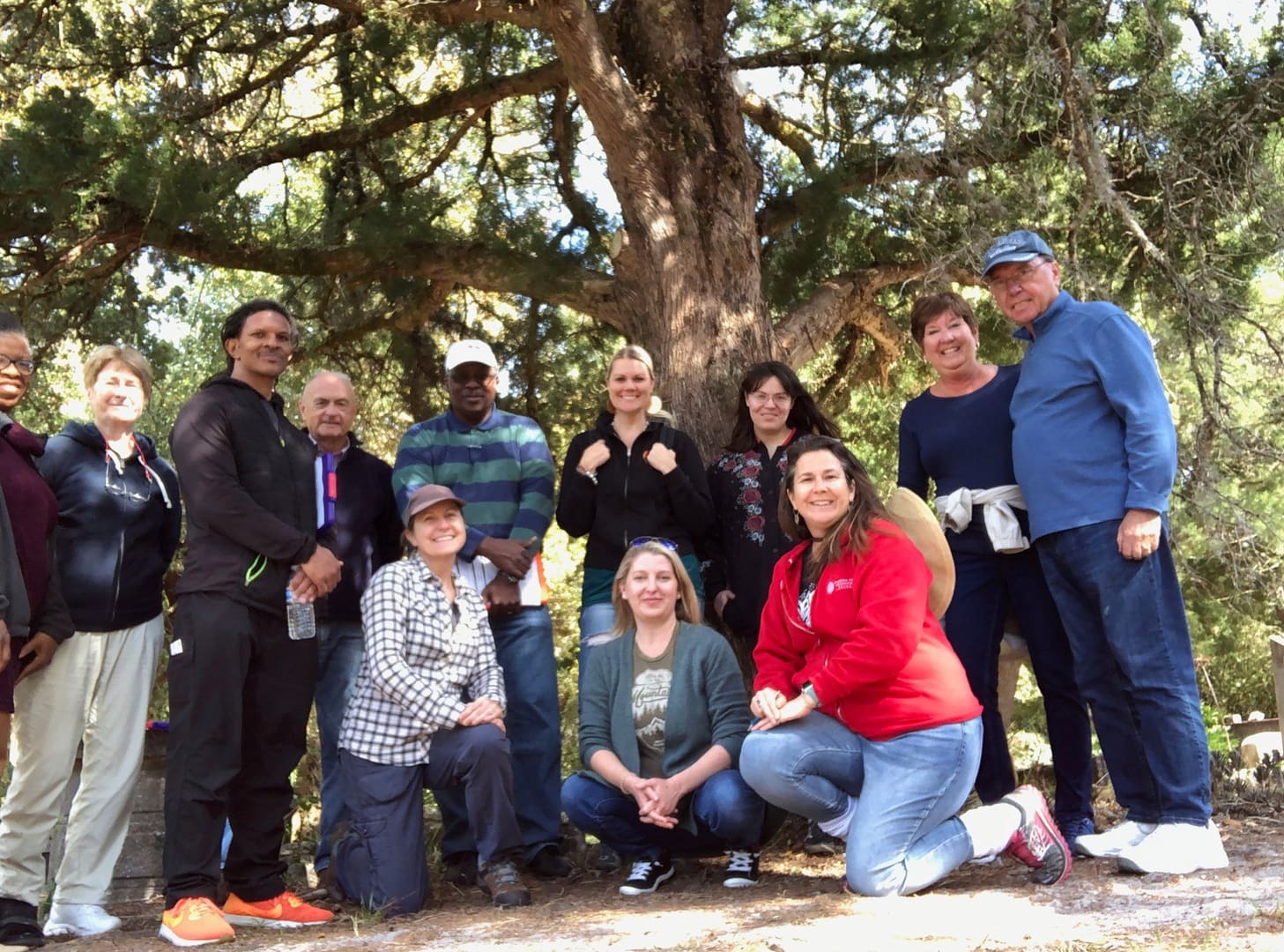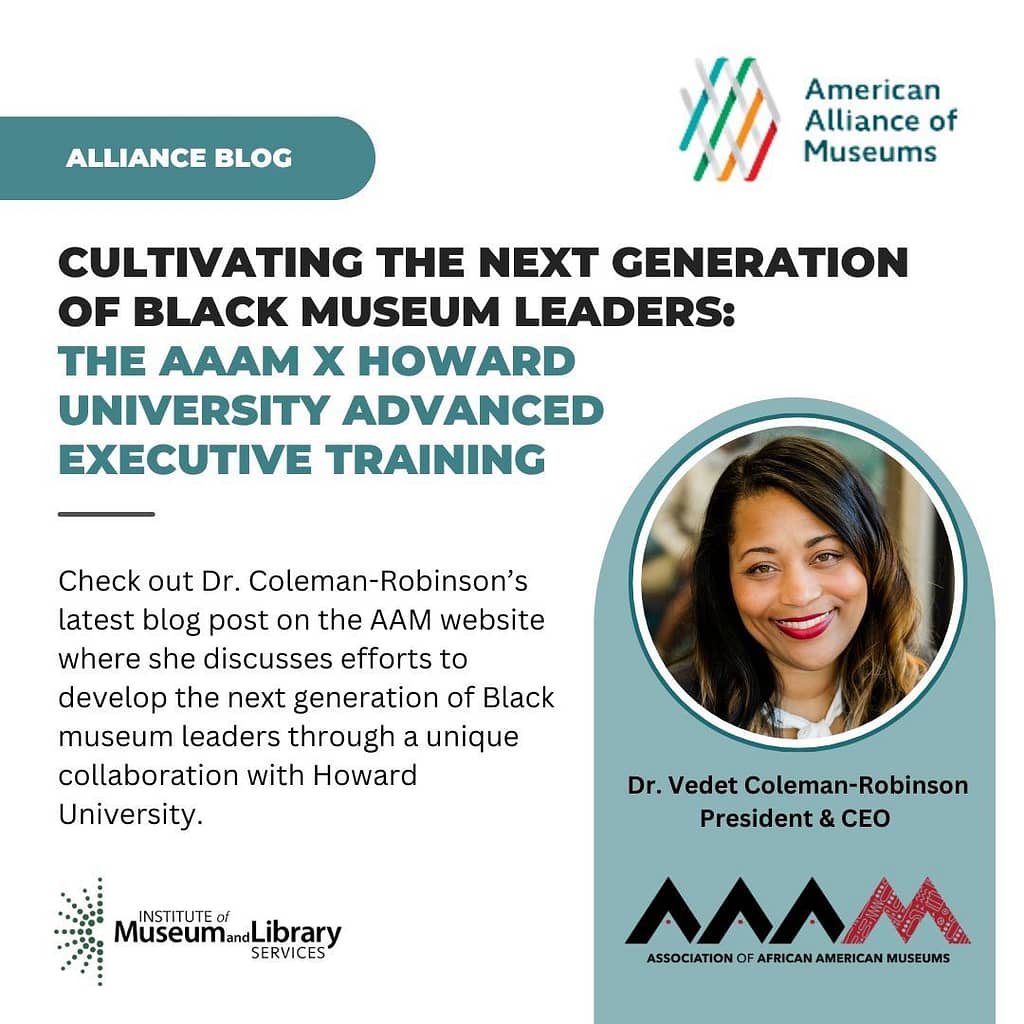
Burial grounds are sacred to Black and Indigenous people and integral to our culture as ancestral resting places. Across America African Americans are struggling to identify their loved ones buried during times of significant exploitative and oppressive situations.The significance of black historic cemetery sites like those earmarked in Jacksonville’s African American community highlights their desire to preserve this crucial aspect of human dignity and its critical part of black history.
Thomas Jefferson, in his “Notes on the State of Virginia” (1785), had earlier set a precedent by describing the looting of burial mounds3. This attitude persisted through the 19th century, with many viewing Native American remains and artifacts as objects of scientific or cultural interest rather than as sacred items belonging to living communities.
Ancestral Landscapes: a Study of Historical Black Cemeteries and Contemporary Practices of Commemoration Among descendants of Gullah Geecheee people of which the largest seat rest in Duval County, Jacksonville, Florida is a wonderful source for advocates to drill in on four cemetery sites and situates their creation and development within a broader American narrative.
The legislation appropriates $1 million for research and grants to repair and restore abandoned African American cemeteries.
Tampa, Florida (WFLA) -A bill that passed unanimously in the Florida House of Representatives Thursday codified the recommendations from a prior task force.
With the passage of this bill, many Floridians can finally honor the lives of their ancestors and loved ones with the humanity and respect they’ve always deserved,” the bill’s sponsor, House Democratic Leader Fentrice Driskell (D-Tampa) wrote in a press release.
The legislation would allow the state to have an easement and use the most non-invasive means possible, really the least invasive means possible, such as ground penetrating radar, so as to not disturb the land of the private property owner,” Driskell said. The Florida Senate version of the bill to protect abandoned and historic cemeteries is working its way through committees before reaching the floor for a full vote.
(Updated 04/22/23)
It wasn’t until much later that efforts to protect Native American burial sites gained traction. The Native American Graves Protection and Repatriation Act (NAGPRA), passed in 1990, was a significant step towards addressing this historical injustice. However, the legacy of grave desecration continues to affect Indigenous communities today.
Recently (12/20/22) Florida Secretary of State Cord Byrd announced today that Clifton Cemetery, the site of Anna Jai Kingsley in Jacksonville, Duval County, has been listed in the National Park Service’s National Register of Historic Places.
“I am pleased to announce that Clifton Cemetery has been listed in the National Register of Historic Places,” said Secretary of State Cord Byrd. “The history of the community associated with this cemetery highlights the complexity of Florida’s territorial period and the legacy of significant individuals, such as Anna Jai Kingsley.”
The near constant development of Florida’s urban environments often disturb its own long forgotten Black cemeteries. The Clifton Cemetery, also known as the Sammis Plantation Cemetery, is significant for its association with the free Black community of Arlington, located east of downtown Jacksonville, which was created during Florida’s antebellum period, and for the extended Kingsley family who resided in the area. With an earliest known burial dated to 1841, Clifton Cemetery is the oldest recorded cemetery in Arlington. One notable burial at Clifton Cemetery is Anna Jai Kingsley, a formerly enslaved Wolof woman who became the wife of Quaker planter and slave trader Zephaniah Kingsley. Born in Senegal, West Africa, Anna Jai Kingsley became part owner and manager of Kingsley’s properties across northeast Florida. Zephaniah Kingsley openly recognized Anna Jai Kingsley as his legal wife following her emancipation in 1811.
FROM THE MOUNTAIN TOP: IDLEWOOD TO OLIVEWOOD
Another historical burial site connected to the United States Colored Troops (USCT) is Olivewood, one of the oldest-known platted African American cemeteries in Houston, with more than 4,000 burials on its 7.5-acre site. This site is the final resting place of many notable figures in Houston’s early African American community and of formerly enslaved Africans, many who were alive on June 19, 1865. The nonprofit Descendants of Olivewood are working to preserve the legacy of the cemetery to protect these sacred spaces of cultural memory.
This year, Olivewood was listed as one of the 11 Most Endangered Historic Places in America. The impact of extreme weather events related to climate change as well as increased development has led to the destruction of numerous burial plots due to flooding and erosion. In 2021, Descendants of Olivewood received a African American Cultural Heritage Action Fund Grant to develop a master drainage plan to mitigate further damage.
The language used to describe African American cemeteries within acculturationist case studies such as these speak to broader nineteenth century American notions of African American life and culture. Terms such as “savage” and “childlike” embody caricatured blackness and reveal the ways in which early American scholars subscribed to the subhuman status of African descended peoples, while the words “dilapidated”, “junk”, and “weed-grown” connote scholarly understandings of African American life ways as backwards and at the same time suggest that African Americans have a distorted sense 29 of “civic responsibility” (Miller 1928:16) when it comes to maintaining their cemetery spaces.
The dedicated volunteers that have been protecting and preserving these burial grounds could soon get additional support. Proposed legislation, the African-American Burial Grounds Preservation Act, intends to establish a $3 million annual grant program to aid preservation efforts across the country via the National Park Service.
When Robbie Boggs took Flagler College students to the Pinehurst and San Sebastian cemeteries, students were shocked that these sites were in their backyard.
Historically black cemeteries have experienced crude neglect. As the threats to them rise, more are disappearing from the landscape. This has become a major problem in the state of Florida and the St. Augustine community.
“It is a conscious erasure of black cemeteries,” said Boggs, a public archeologist for the Florida Public Archeology Network, presenting the idea that developers and organizations are consciously disregarding historically black cemeteries.
When Archaeology stirs its ugly head. Developers Found Graves in Mecklenburg, Virginia Woods. Authorities Then Helped Erase the Historic Black Cemetery.
(12/15/2022) The cemetery’s disappearance cleared the way for the expansion of a Microsoft data center, despite layers of federal and state regulations nominally intended to protect culturally significant sites. Nobody working to bring a $346 million Microsoft project to rural Virginia expected to find graves in the woods. But in a cluster of yucca plants and cedar that needed to be cleared, surveyors happened upon a cemetery. The largest of the stones bore the name Stephen Moseley, “died December 3, 1930,” in a layer of cracking plaster. Another stone, in near perfect condition and engraved with a branch on the top, belonged to Stephen’s toddler son, Fred, who died in 1906.
The firm and the county pressed the archaeologists to reverse their conclusion that the cemetery belongs on the National Register. And they asked the team to cast doubt on the central finding that made the cemetery historically significant: that all the people buried there — members of a community of landowners who farmed tobacco in the wake of the Civil War and Reconstruction — were Black.
The archaeologists would only comply with the latter request. They edited their report to say, “It cannot be ruled out that the burials are associated with white tenant farmers.” But when they sent Jones and her boss the revised report, they acknowledged that the new assertion was dubious: “All the evidence available at this stage suggests” the cemetery was the final resting place of an African American community, they wrote. (read the full article)
Public advocacy by supporters like you can make a difference, and Black cemeteries, like Olivewood, need your voice now more than ever.
This month is Black Music Month and time to celebrate the National Holiday of Juneteenth, which marks the day in 1865 when Union Army General Granger issued General Order No. #3 announcing in Galveston the freedom of over 250,000 enslaved people in the state of Texas. Today, we also observe the Black Cemeteries in Florida and across the nation in order to recognize and honor the vast migration of their descendants across the southeast region.
Sign your name to let your elected officials know you support preserving these sacred landscapes to tell the stories of Black America’s unimaginable sacrifice and remarkable achievements.




